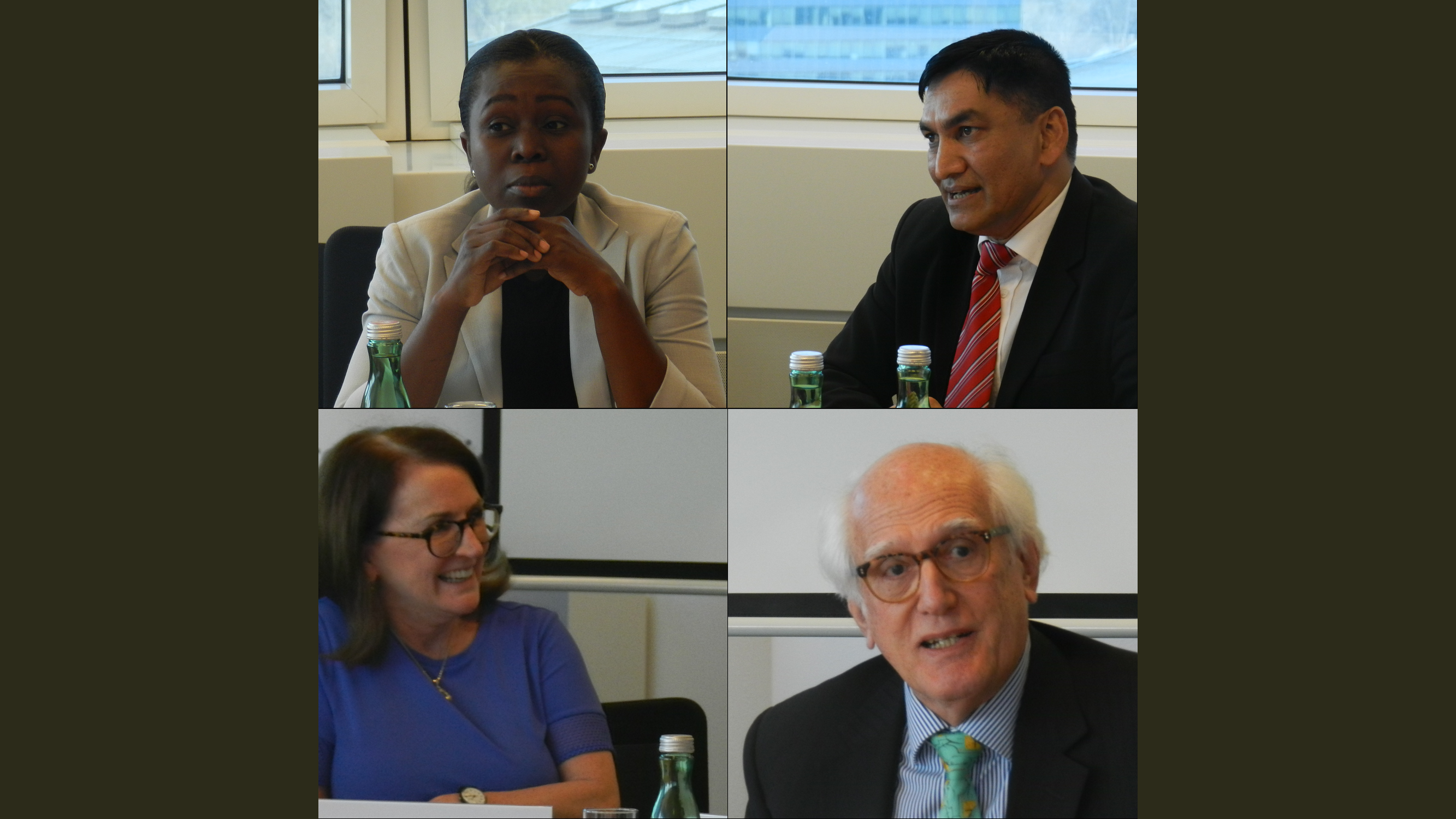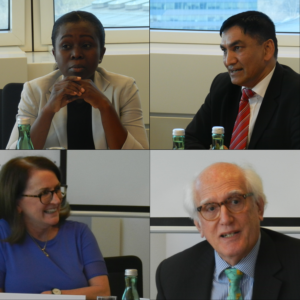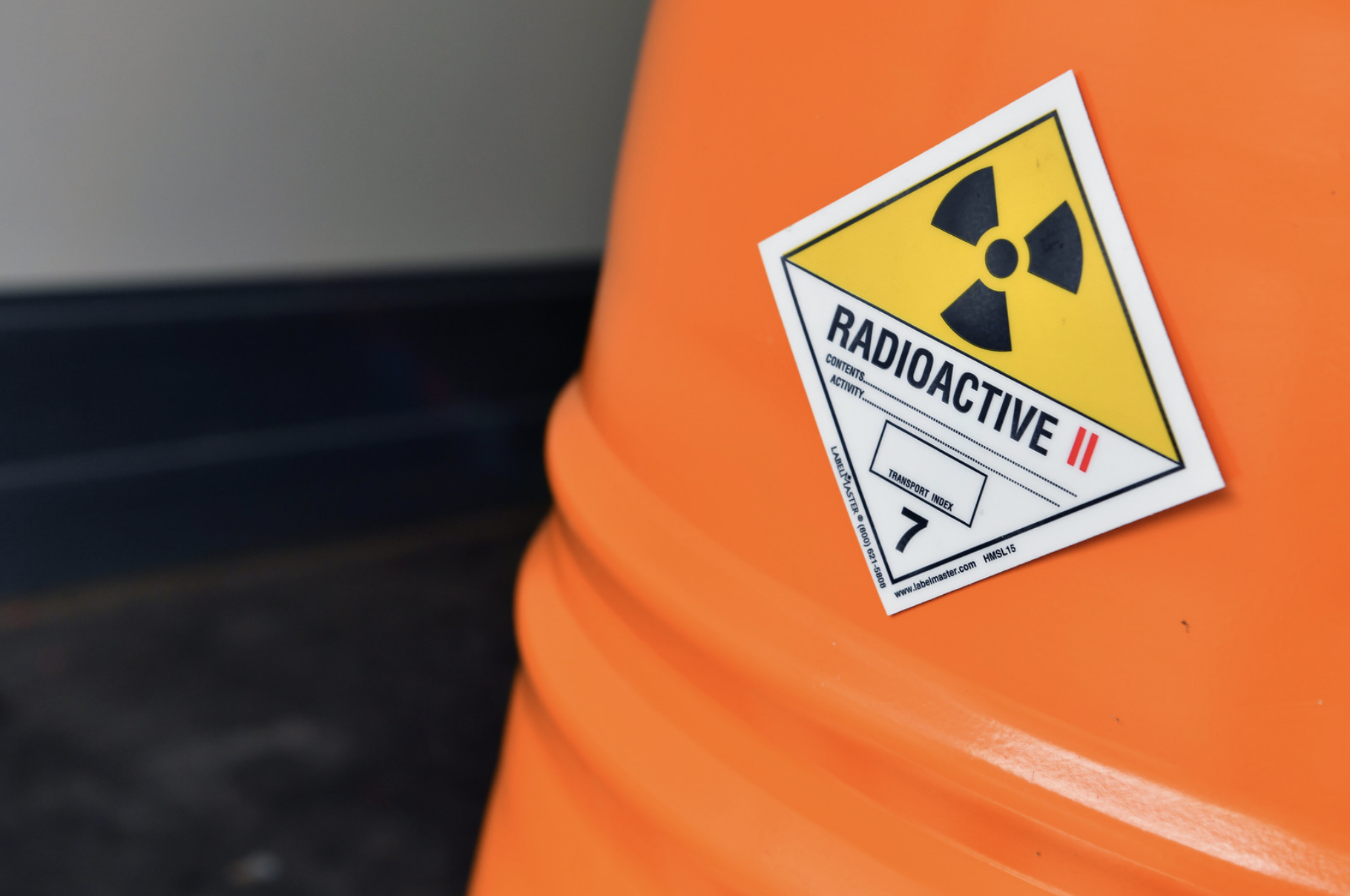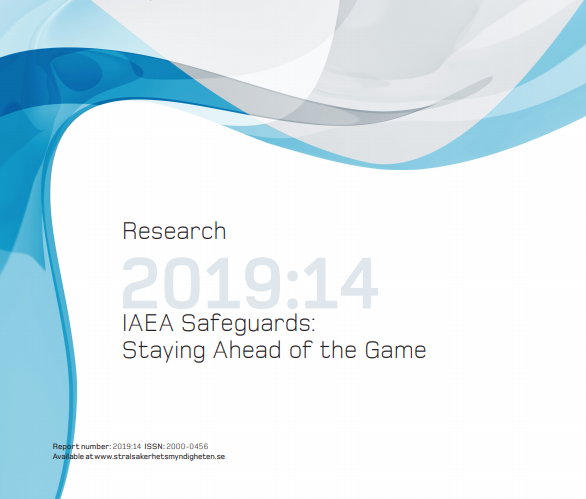
 On 21 March 2019, the VCDNP organised a panel discussion with the support of the Government of the Netherlands on “The Sustainable Use of Nuclear and Other Radioactive Material for Peaceful Purposes”. Thirty-eight diplomats and technical experts from 33 Member States of the International Atomic Energy Agency (IAEA) attended the panel discussion. The panel comprised experts from Ghana, Bangladesh and Brazil.
On 21 March 2019, the VCDNP organised a panel discussion with the support of the Government of the Netherlands on “The Sustainable Use of Nuclear and Other Radioactive Material for Peaceful Purposes”. Thirty-eight diplomats and technical experts from 33 Member States of the International Atomic Energy Agency (IAEA) attended the panel discussion. The panel comprised experts from Ghana, Bangladesh and Brazil.
Ms. Ann Mensah from Ghana’s Nuclear Regulatory Authority and Mr. Akhter Shahid, Chief Coordinator of the Nuclear Security and Physical Protection System Cell of the Bangladesh nuclear power programme shared information on the efforts made in their countries to securely manage nuclear material and other radioactive sources and their related facilities. They also highlighted the support they receive from the IAEA and other countries.
Mr. Laercio Vinhas, currently the chair of the IAEA Advisory Committee on Nuclear Security (AdSec) and the former Brazilian Permanent Representative to the IAEA and Chair of the Board of Governors, shared his perspective on the interplay between nuclear safety and security and between nuclear security and technical cooperation. He also considered the perceptual and political barriers to reaching agreement in the IAEA on nuclear security and suggested ways in which the Technical Cooperation Programme of the IAEA could be strengthened.
One of the conclusions drawn from this panel is that nuclear and other radioactive materials contribute significantly to sustainable development. The use of these materials and their related facilities, however, require that appropriate nuclear safety and security measures are put in place and maintained. The IAEA and individual States provide essential support to countries in the safe and secure management of these resources. Nuclear safety and security, however, are the responsibility of individual countries and they have to make every effort to ensure that international standards and requirements are met and that international guidance is followed.
It was also concluded that there are political and perceptual barriers to reaching agreement within the IAEA on nuclear security, due in part to nuclear security’s close association with national security. Another contributing factor is the concern that disproportionate security measures could impede the use of and access to nuclear technologies and nuclear and other radioactive materials. On the other hand, understating the importance of nuclear security could result in the malicious use of these materials and technologies. Strengthening international cooperation through the IAEA on nuclear security is essential to overcoming these barriers. Furthermore, promoting awareness of actual security risks associated with the use and transportation of nuclear and other radioactive materials and related technologies and applying adequate nuclear security measures is critical to ensuring the sustainable use of these materials and technologies.
Strengthening the IAEA’s Technical Cooperation Programme, the vehicle for the delivery of civil nuclear technology to its developing Member States, would also contribute to the sustainable use of nuclear material and radioactive sources. In this regard, consideration could be given to developing a technical cooperation support plan that would include the Integrated Nuclear Security Support Plan.

